Granite floors, limestone walls and an impressive grand staircase will greet patrons of the Royal Alberta Museum when it opens to the public late next year.

Journalists got a tour Tuesday morning of the nearly complete museum in downtown Edmonton, where staff will soon start the massive, year-long task of moving in.
Work on the new museum began in 2013 on the old Canada Post site at 97th Street and 103a Avenue, employing several thousand construction workers.
“The Royal Alberta Museum will be a landmark attraction in our downtown arts district,” Parliamentary Secretary to the Minister of Canadian Heritage and MP for Edmonton Centre Randy Boissonnault said.

Get breaking National news
The museum has an advanced climate control system, which will allow staff to adjust the environment to meet the specific needs of each exhibit and ensure artifacts stay in good shape.
“I am pleased to note that our project team has done this province proud. They have designed and built a modern museum that reflects Alberta’s diverse landscape, pays homage to our past and will serve to entertain and educate Albertans well into the future,” Minister of Infrastructure Brian Mason said.
The new building will give a nod to the site’s former occupant through an art installation. Mosaic panels by artist Ernestine Tahedl were reclaimed from the Canada Post office and are featured along the museum’s pedestrian boulevard on 103A Avenue.
While some minor construction work still has to take place inside the RAM, staff is preparing for the mammoth move from Glenora to downtown Edmonton.
“Now comes the time for museum staff to begin the huge task of moving millions of objects into the facility,” Minister of Tourism and Culture Ricardo Miranda said.
The Royal Alberta Museum is home to a huge collection of historic artifacts, gems, jewels, paintings and even antique clothes and shoes – but the collection was too extensive for the old space west of Groat Road, so much of it languished in underground vaults.
The new building will have double the space of the old facility.
Transitioning to the new museum is a massive undertaking. In addition to designing new galleries, museum staff has to physically pack up and move thousands of delicate artifacts.
Preparations for the move began last year, kicking into overdrive when the old location closed in December following a free 48-hour send off party. The museum was open around the clock, allowing people to get a final look at the 48-year-old facility.
READ MORE: Free admission this weekend as Royal Alberta Museum prepares to move
Moving into the new museum is one of the biggest and most complex moves the province has ever seen. Custom moving boxes have been made for many of the items.
Once in the new facility, time will be needed to install the new exhibits. The new RAM is expected to open in late 2017.
The cost of the new RAM, including construction of the facility as well as gallery and exhibit development, is $375.5 million. The province covered $253 million and the federal government paid the remaining $122.5 million.
With files from Global News staff



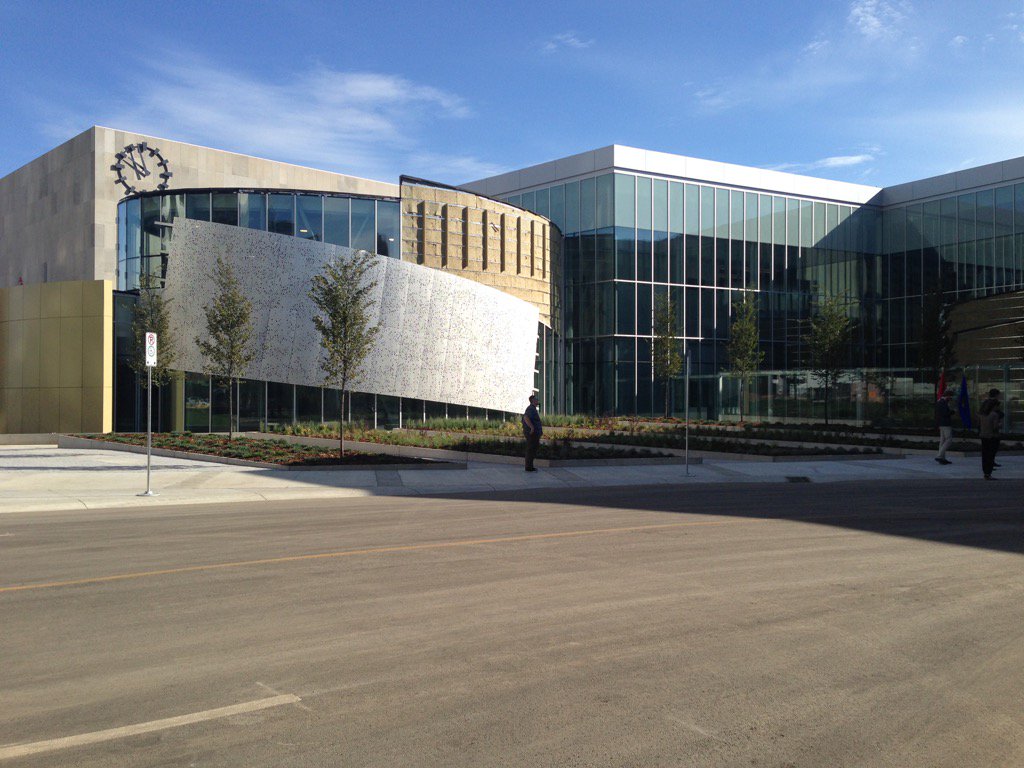

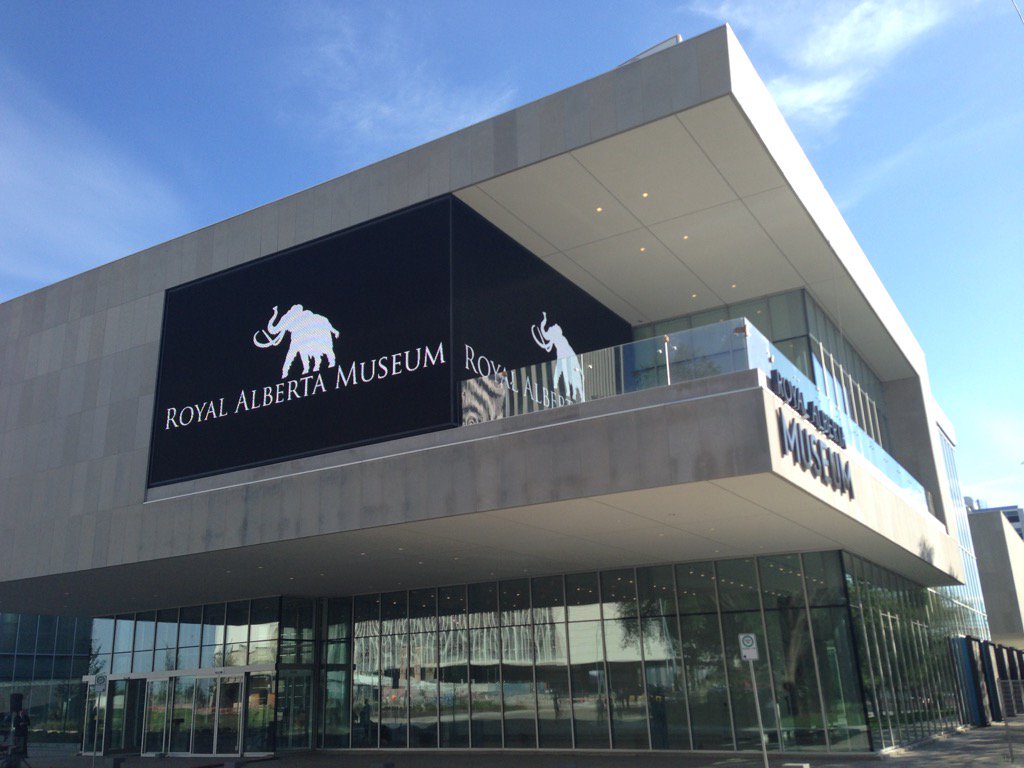

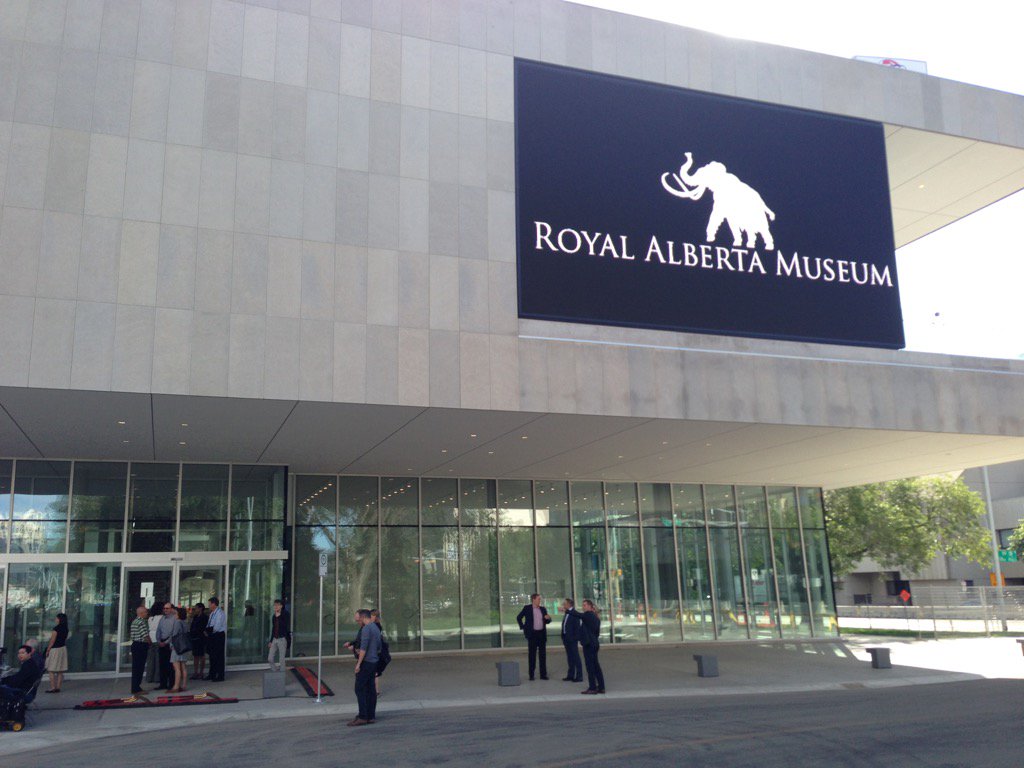

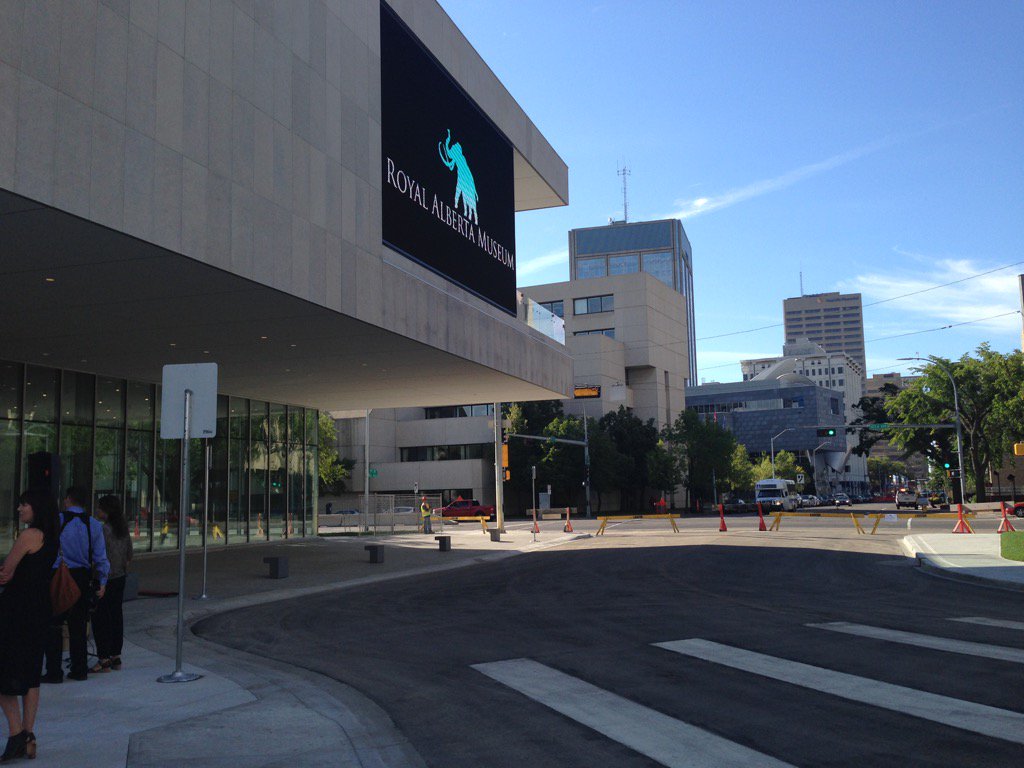

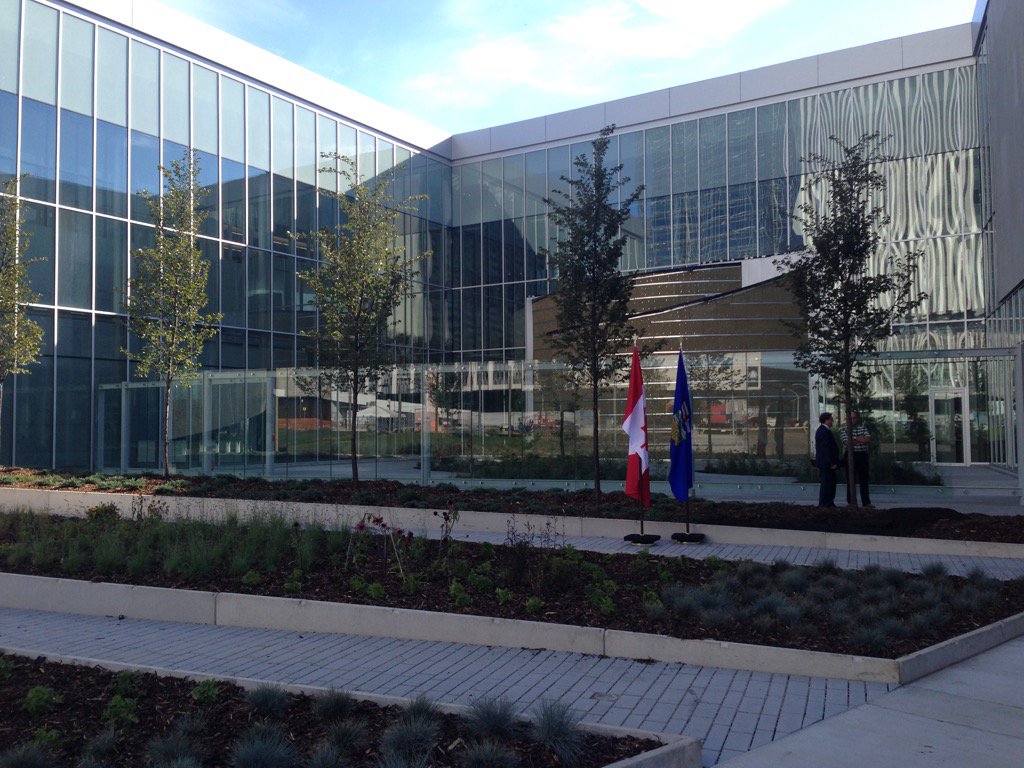

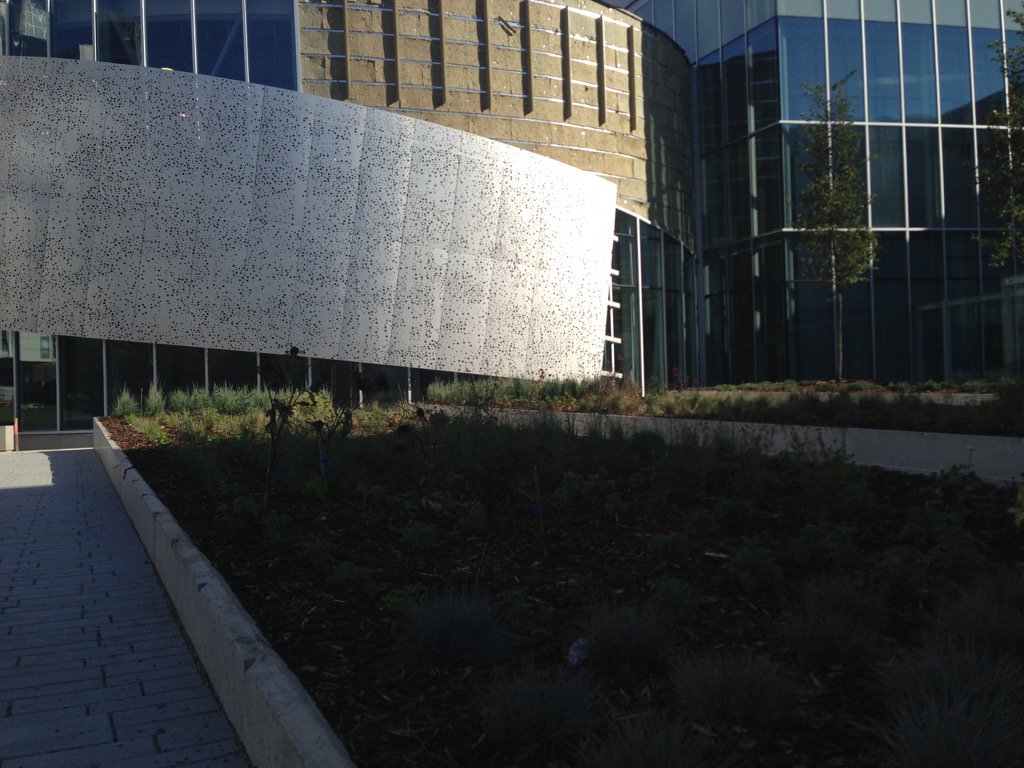

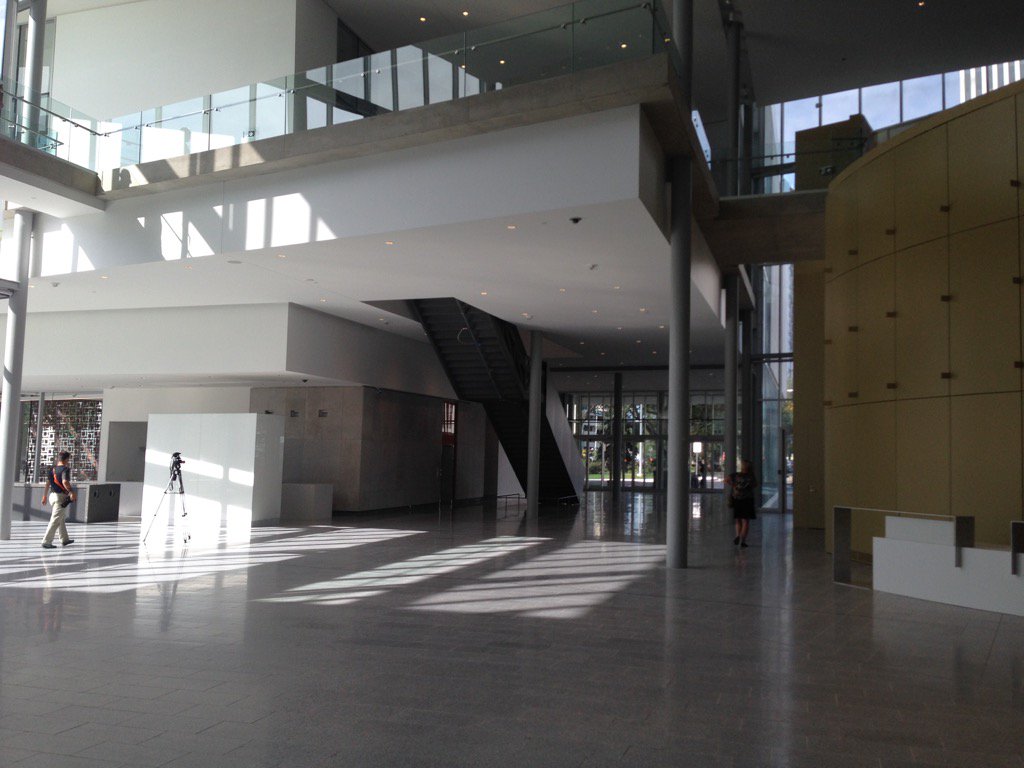

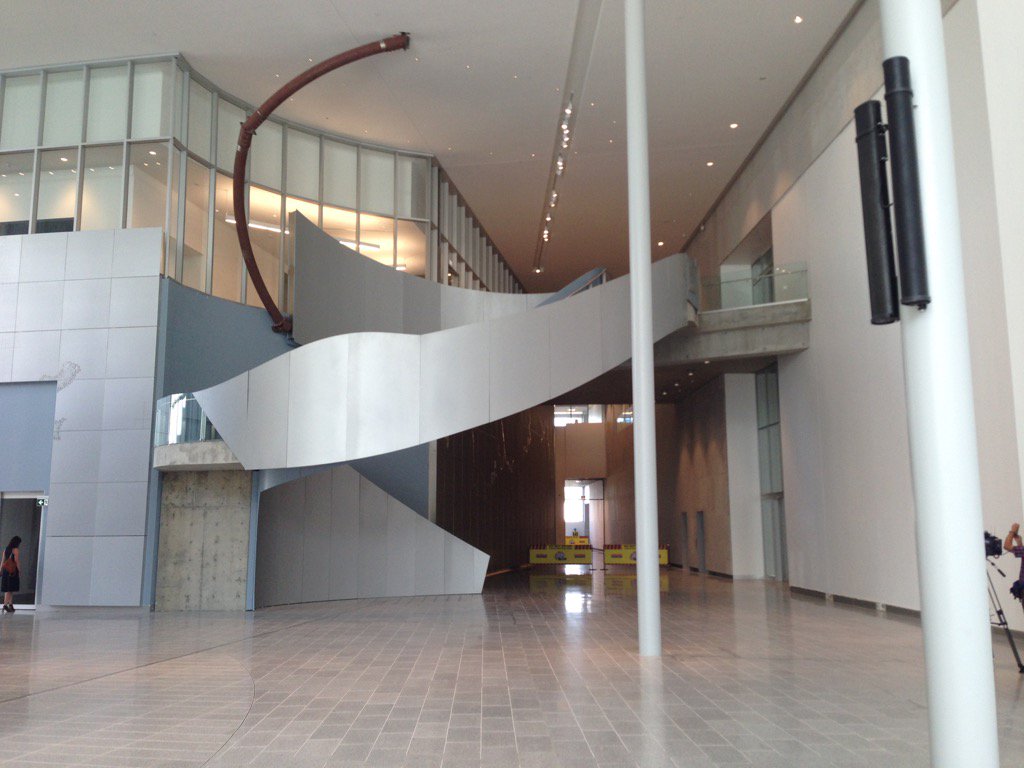

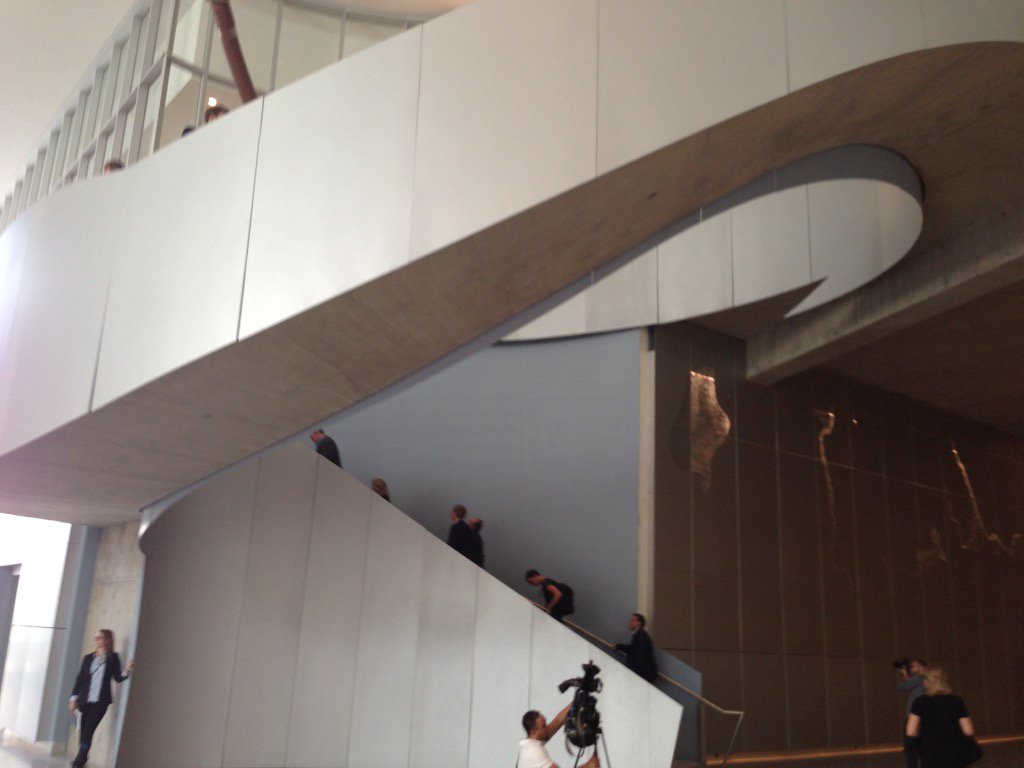

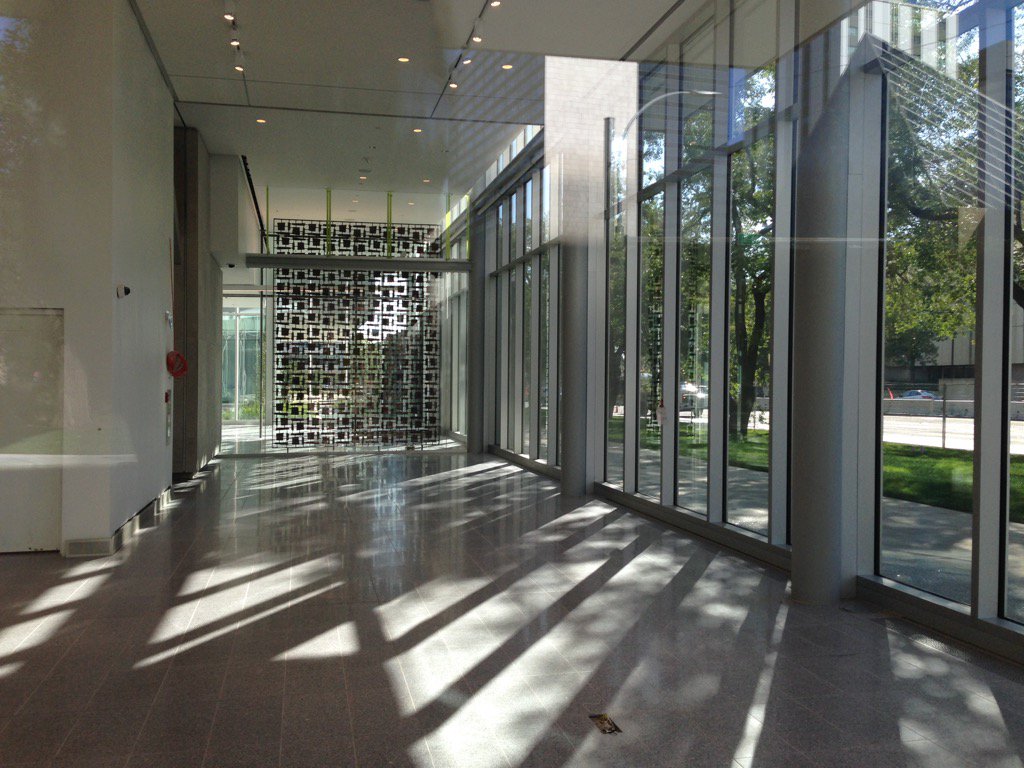

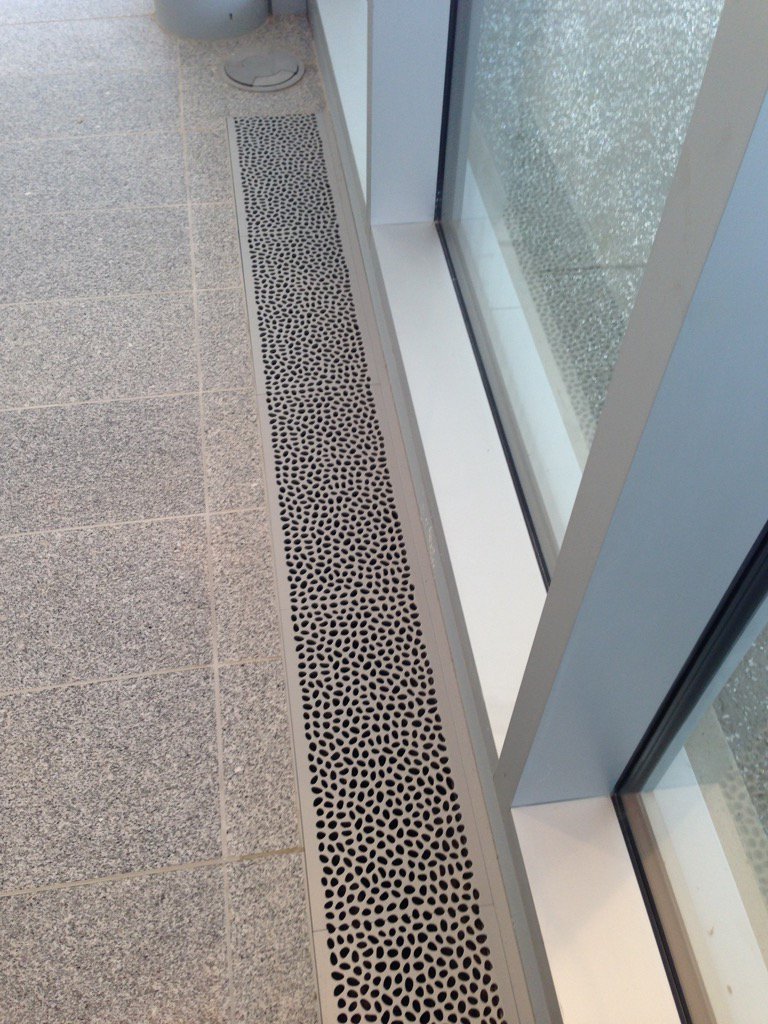

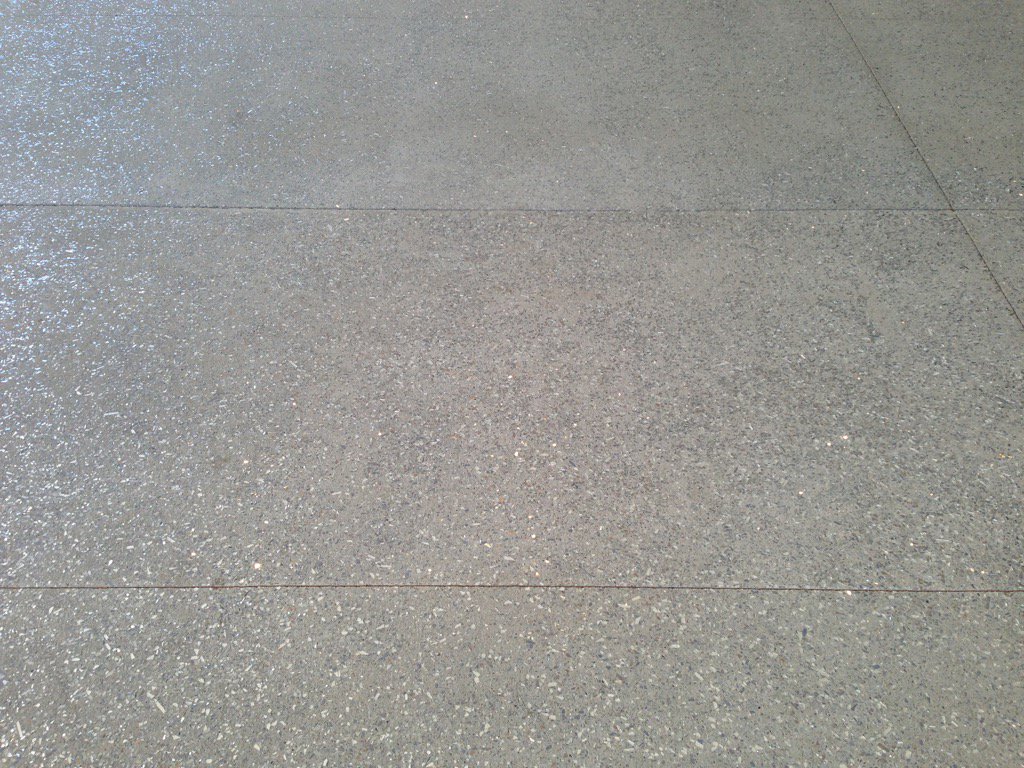

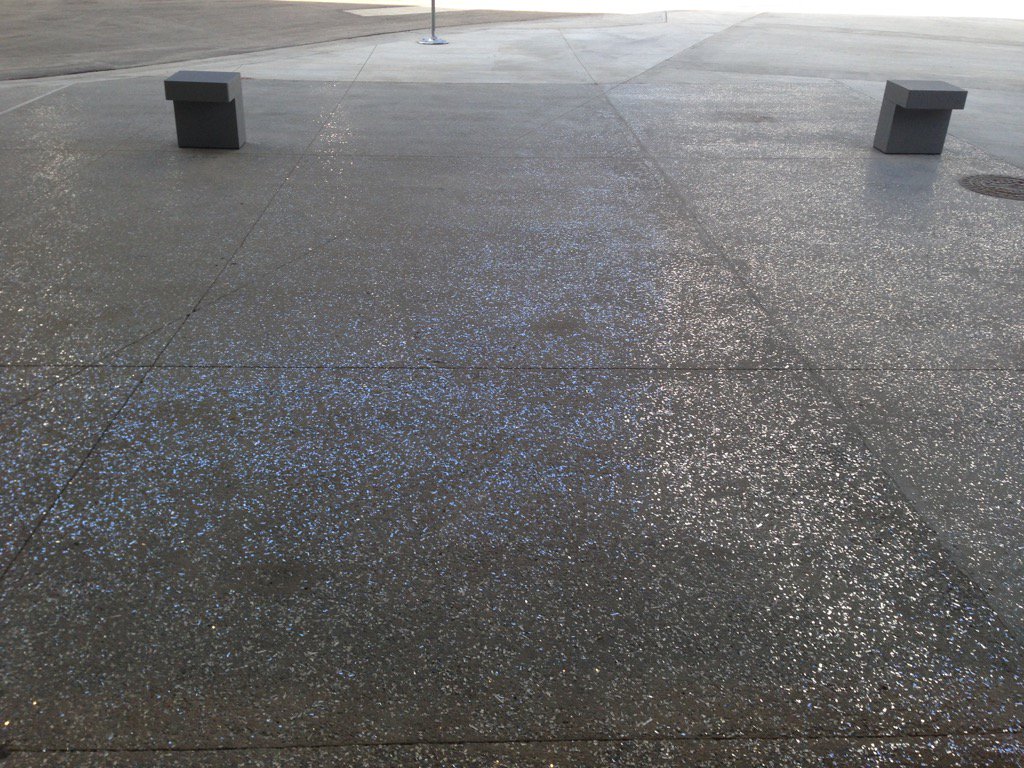

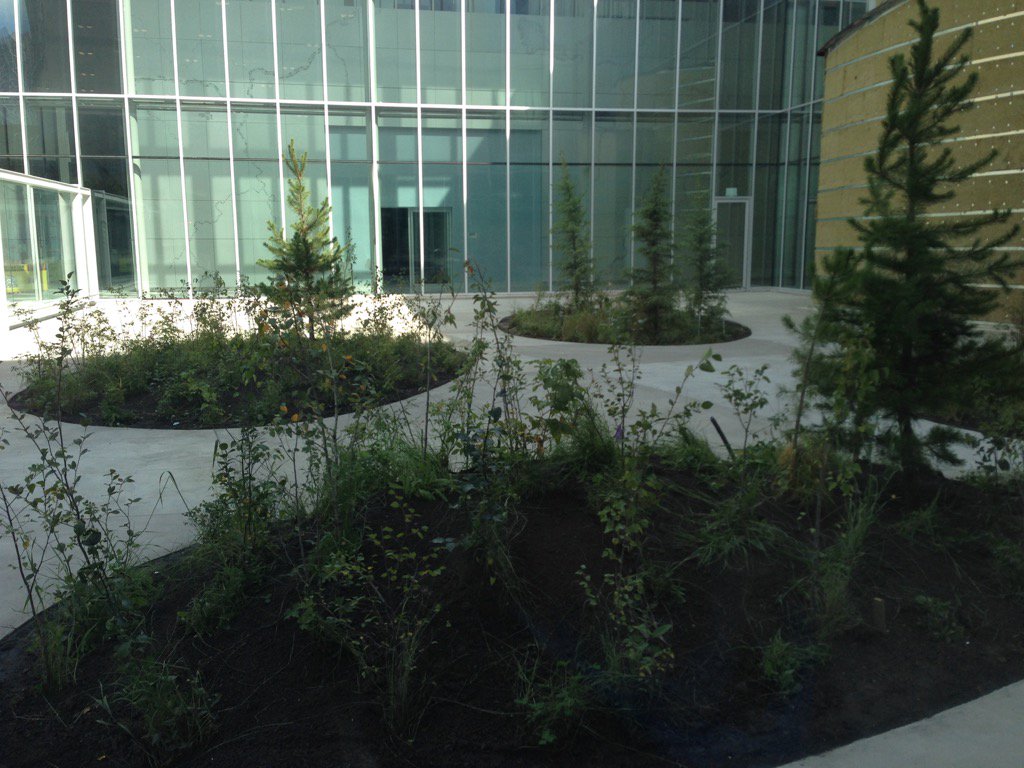

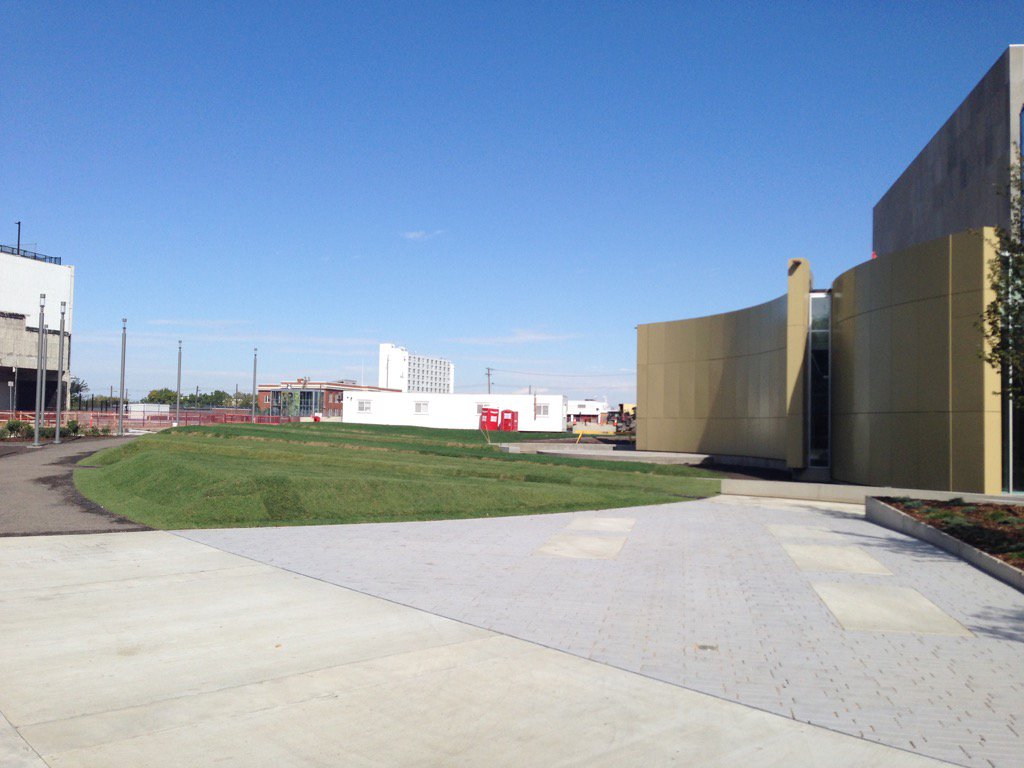

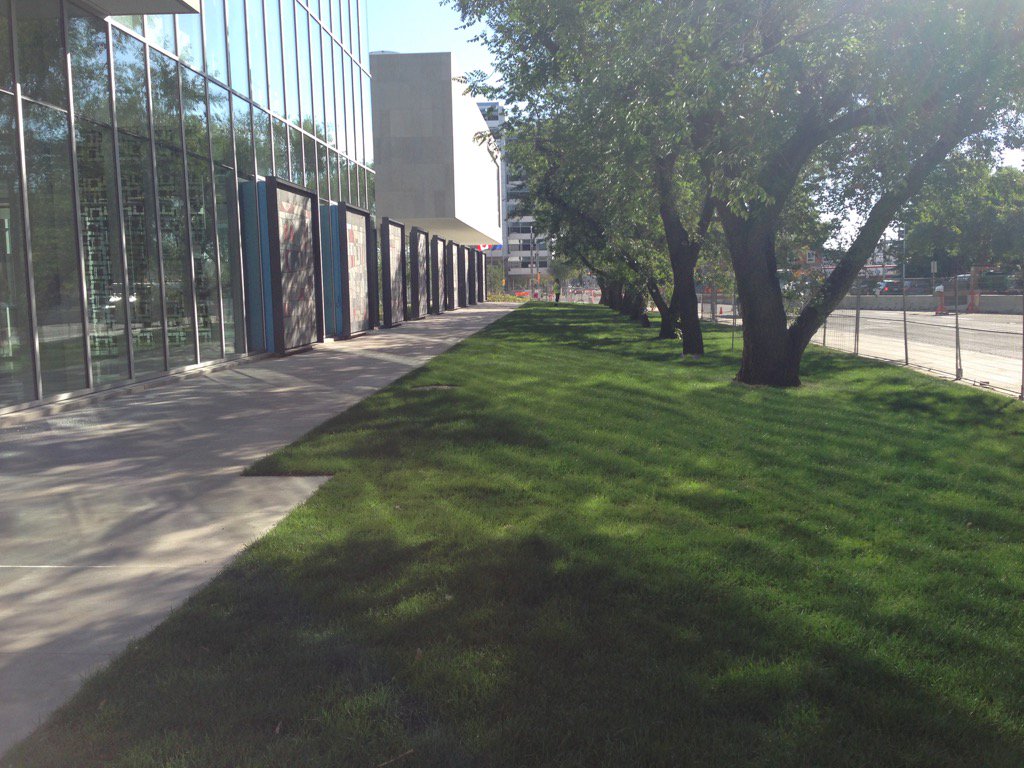

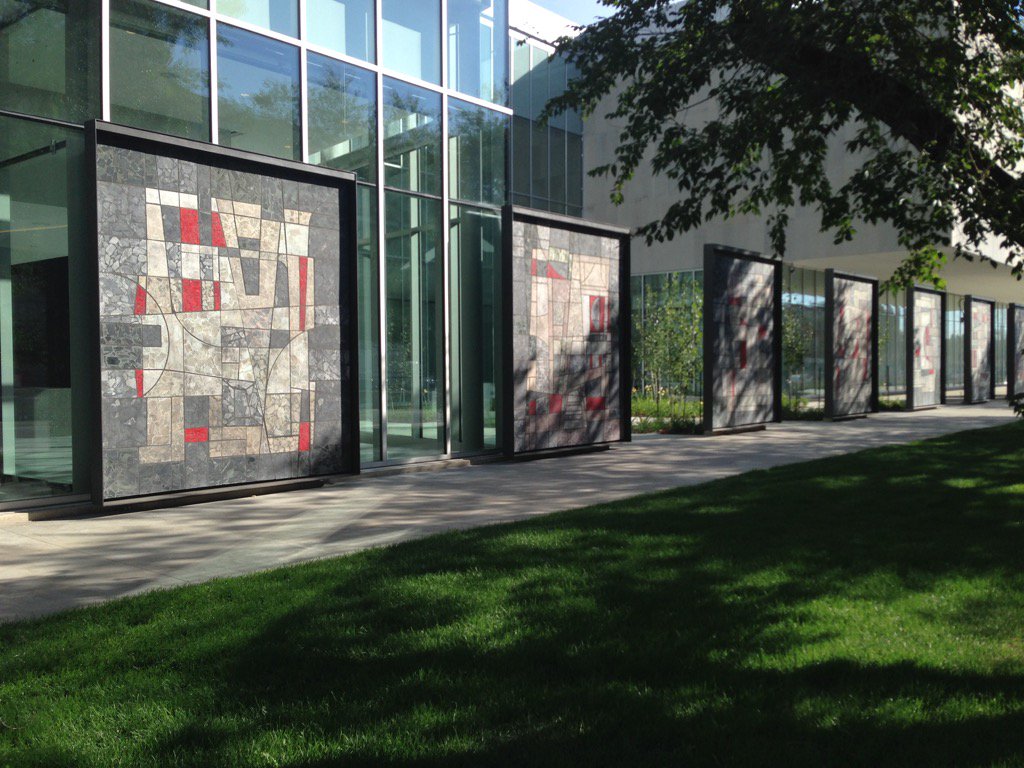

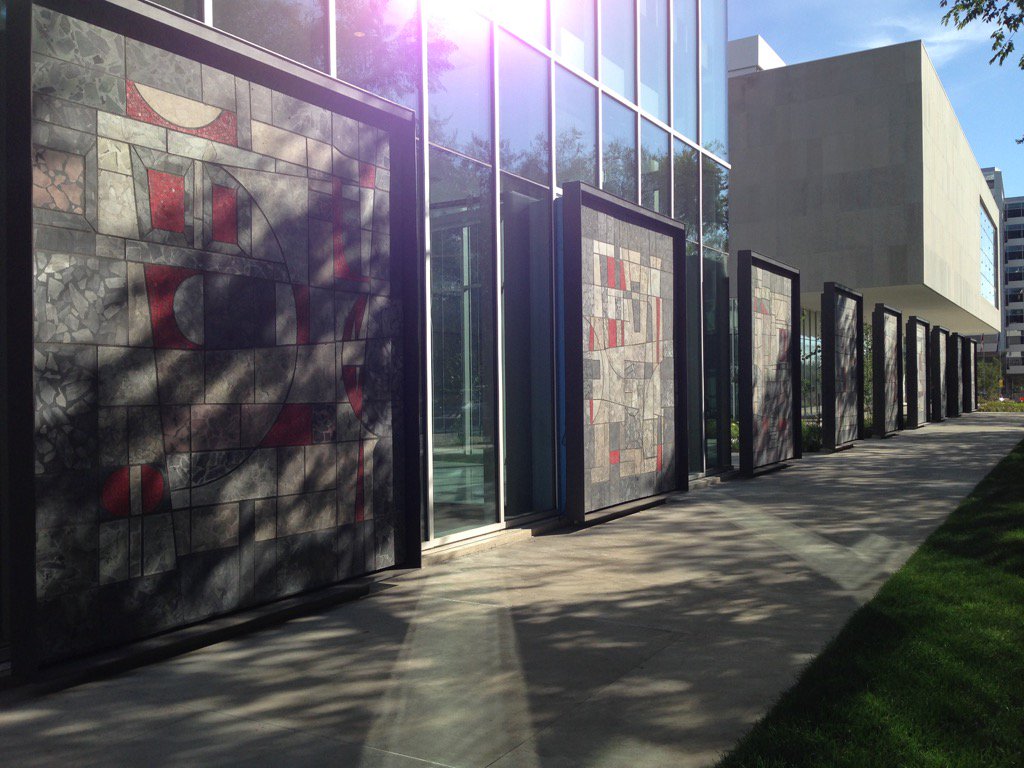






Comments
Want to discuss? Please read our Commenting Policy first.